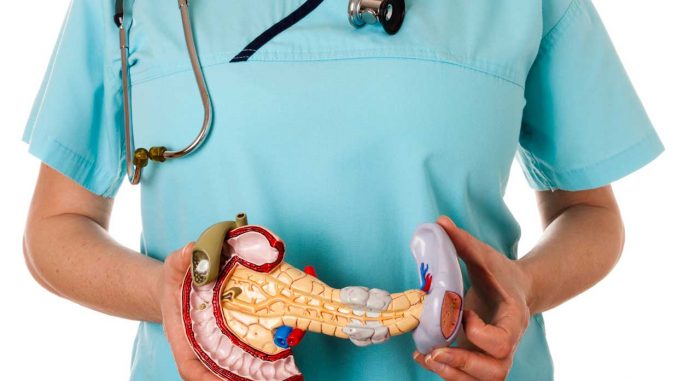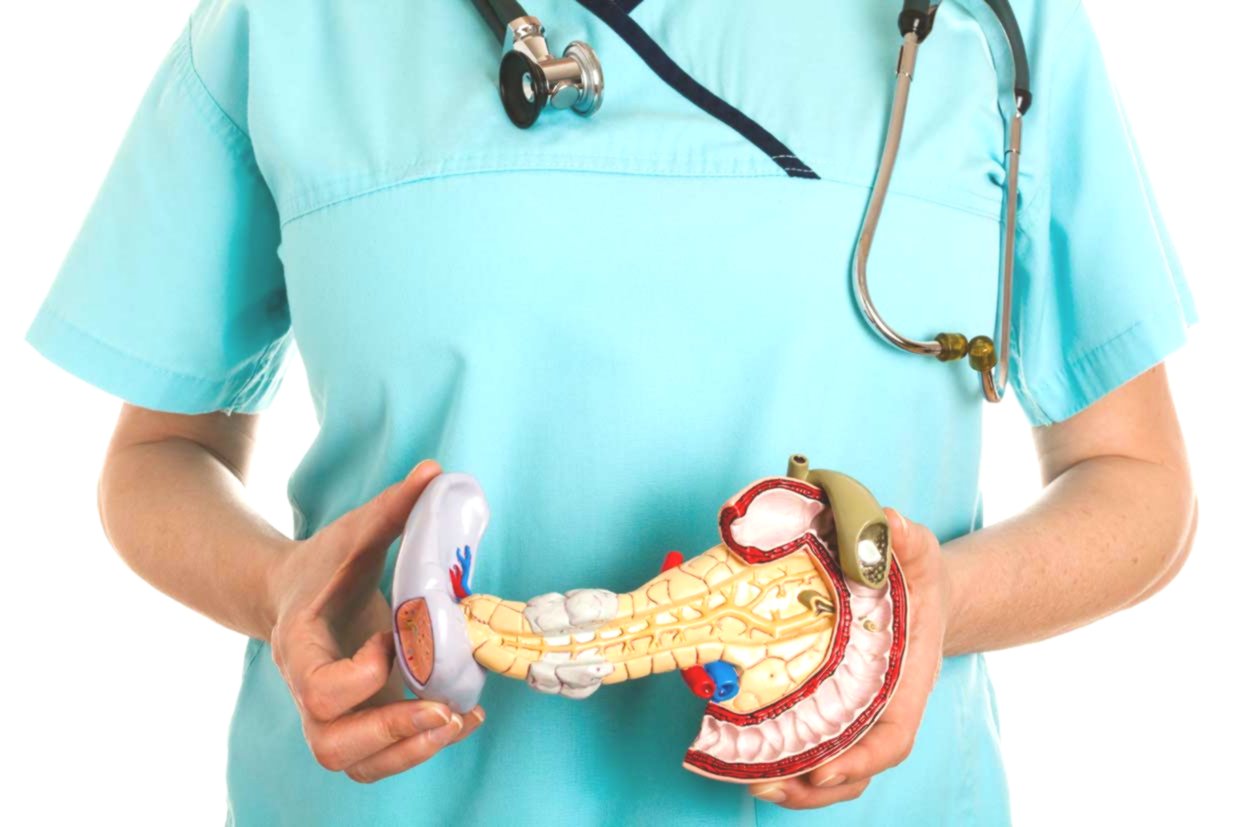
Pancreatic cancer is a tumor that affects approximately every 10th male cancer patient and every sixth female cancer patient in Germany. In numbers, this means that 16,000 men and women fall ill each year. This type of cancer mainly affects people between the ages of 60 and 80. The prognosis is poor, which is also due to the fact that pancreatic cancer can go without symptoms for a long time and is therefore only recognized late. Experts warn that the numbers will continue to rise. The reason here is not necessarily an increasing risk, but also the increasing life expectancy. For this reason, experts endeavor to expose risk factors, improve educational work and expand preventive care options.

Risk factors for pancreatic cancer
In most cases, it can be seen in patients that the pancreas was previously damaged. Regular alcohol consumption must be held responsible for this. Heavy smokers are also considered to be particularly at risk. However, experts also point out that secondhand smoke can increase the risk. The stresses cause constant irritation and inflammation of the pancreas until cancer finally develops. The inflammation may also have been caused by other factors, which increases the risk. Z. B. People with type 2 diabetes mellitus, because here too the tissue of the pancreas is damaged. Another dangerous factor is obesity, which is generally known as a risk of cancer. That does not mean, that the existing risk factors necessarily lead to cancer, even if there are several risk factors. Conversely, people who have no risk factors can also develop pancreatic cancer. If you have been diagnosed with pancreatic cancer, the attending physicians will therefore ask you about all known risks and examine the possibility of a genetic predisposition.
Inheritance of pancreatic cancer
The risk of developing pancreatic cancer increases if other people in your family suffer from the disease or were ill. This is especially true if it is a first degree relative. This can be your parents, siblings, but also your own children. In this case, the risk increases two to three times. But the risk also increases with relatives who are further away. The question that experts ask themselves is primarily concerned with the family-related lifestyle. If your family is particularly prone to unhealthy eating and tobacco and alcohol, the risk of pancreatic cancer increases. However, there is also suspicion that so-called familial pancreatic carcinoma (FPC) may be present if the disease occurs frequently in your family. In this case, it is also possible that an unhealthy lifestyle only increases the risk, which can hide the actual trigger, the genetic disposition.
Study results on familial pancreatic cancer
According to new knowledge, the fact of two or more close relatives with pancreatic cancer is the most important indicator of a genetic pre-existing condition. It has also been shown that people with a genetic predisposition fall ill much earlier if they also smoke. This applies in comparison to those who are not hereditarily predisposed. Research will continue to identify the genetic defect responsible for this facility. As long as identification is unsuccessful, people with two or more relatives with pancreatic cancer are considered high-risk individuals. The family tree analysis has proven to be helpful. The occurrence of pancreatic cancer is checked in at least three generations, thereby predicting the likelihood of a genetic defect.
Pension options for relatives
If you have been diagnosed with pancreatic cancer, it is always a good idea to go looking for a possible cause. This is all the more important if you actually live a healthy life. The clarification then also serves as a precaution for your close relatives. The contact person is the family doctor or the attending oncologist. He can explain where genetic testing and counseling can take place. If someone from your direct relatives is suffering from pancreatic cancer, it is strongly recommended that other relatives take part in the preventive measures. According to current knowledge, the most important preventive measure is to stop smoking. This can postpone the likelihood of cancer to at least a later age. In addition, those at risk from the age of 45 are included in a preventive program and examined regularly. This includes physical exams, laboratory exams, MRI and ultrasound. The aim is to diagnose pancreatic cancer as early as possible, at a stage where surgery is still possible. The results of the screening program also serve to improve our understanding of the early detection of pancreatic cancer. For this reason, the relatives of the patients are also asked to take part in anonymous tests. These tests take a large amount of blood and a tissue sample and test them genetically. The reason for this is also that it has been shown that changes in the MRI can occur in persons at risk, but they don’t have to be malicious. This carries the risk of misdiagnosis. With new knowledge about the further examinations, the early detection is to be improved in this way.
